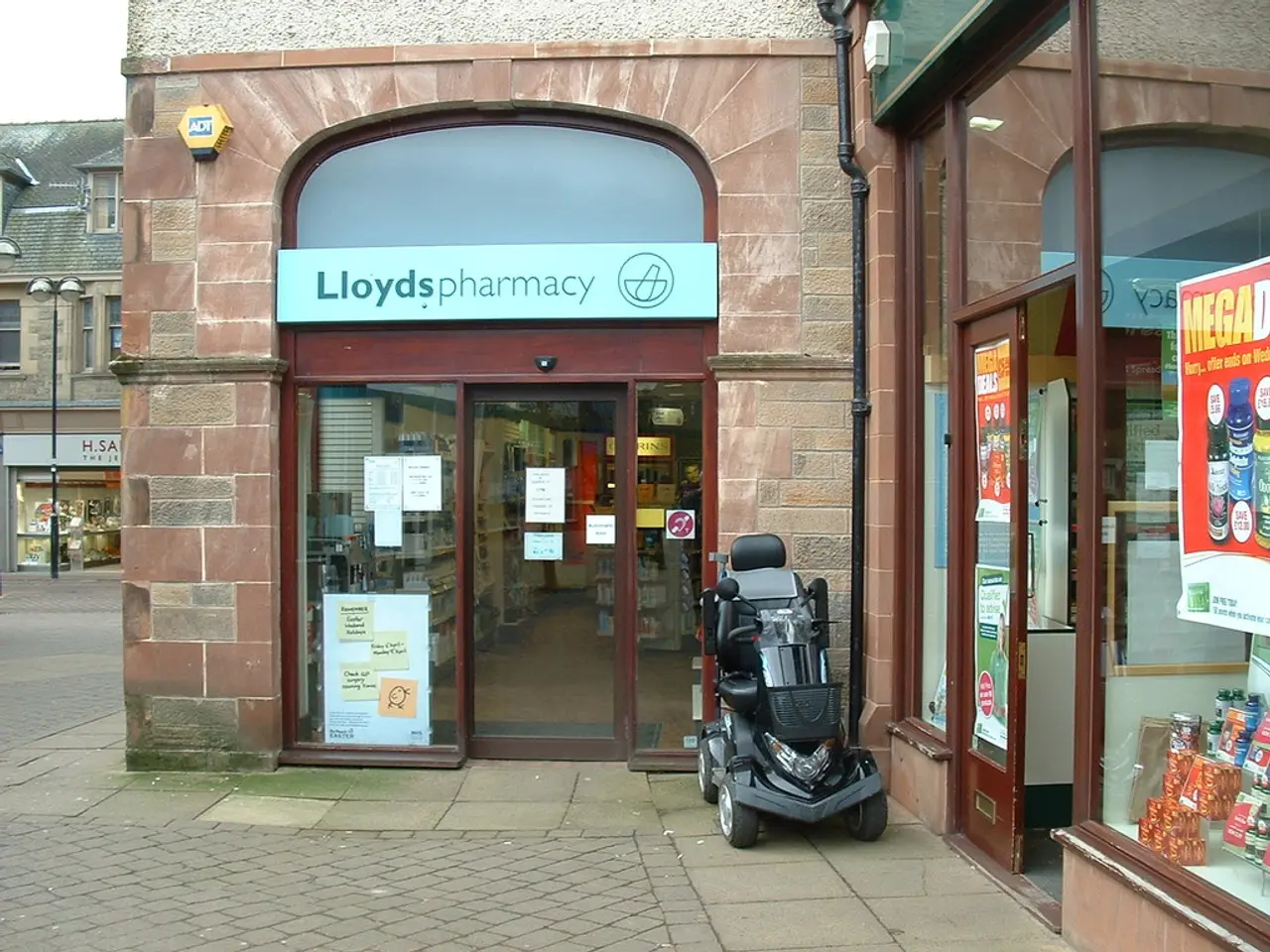Allegations of price-fixing by pharmaceutical companies and intermediaries escalate into a lawsuit against University of Pennsylvania, causing inflated insulin prices.
In the recent months, multiple lawsuits have been filed against Eli Lilly, Novo Nordisk, Sanofi, and Pharmacy Benefit Managers (PBMs) such as CVS Caremark, Express Scripts, and OptumRX, accusing them of colluding to artificially inflate insulin prices for over 20 years. These lawsuits, including class actions and government claims, have been consolidated into multidistrict litigation (MDL) pending in the U.S. District Court of New Jersey.
The University of Pennsylvania Health System is one of the institutions that have recently filed a lawsuit, alleging that the defendants colluded to inflate prices, leading to skyrocketing costs for patients and institutions. This lawsuit follows a U.S. Senate Finance Committee investigation that revealed manufacturers' price increases sometimes mirrored one another in days or even hours.
The allegations in these lawsuits suggest a complex collusion where pharmaceutical companies publish high “list prices” and engage in “shadow pricing,” while PBMs negotiate rebates and formulary placements that effectively keep patient prices high. PBMs are accused of misusing their intermediary role to benefit themselves and manufacturers at consumers’ expense.
All named defendants publicly deny these allegations. PBMs and drugmakers argue the charges lack merit. Notably, Novo Nordisk plans to vigorously defend against the claims and offers various insulin affordability options through NovoCare, while working with diverse stakeholders to create solutions for different patient needs. Optum RX, a unit of United Healthcare, has aggressively negotiated with drug manufacturers and taken additional actions to lower prescription insulin costs for their health plan customers, who now pay an average of less than $18 per month for insulin.
Government involvement in these investigations and suits is significant. State Attorneys General and the Federal Trade Commission (FTC) have joined the investigations or suits, including Texas AG’s October 2024 suit accusing the companies of raising insulin prices by 1000%. The FTC specifically targets PBMs for creating a “perverse drug rebate system” that artificially inflates costs.
In addition to the University of Pennsylvania, the lawsuits include states, cities, businesses, unions, universities, and pension funds. Sanofi's pricing practices comply with the law, according to a Sanofi spokesperson, but savings negotiated by health insurance companies and PBMs are not consistently passed through to patients. CVS Caremark asserts that pharmaceutical companies are responsible for the prices they set in the marketplace for their products, and they deny any role in determining the prices charged by manufacturers for their products. They welcome a lowering of insulin prices by drug manufacturers.
As of late July 2025, no final judgments or broad settlements encompassing all defendants have been publicly reported. However, Novo Nordisk agreed to settle a prior federal lawsuit in Minnesota by capping its insulin price at $35, indicating some precedent for partial resolution.
The rising cost of insulin, a life-saving drug for millions of people, has become a significant concern in the U.S. According to the U.S. Centers for Disease Control and Prevention, about 38.4 million people in the U.S., which is 11.6% of the population, suffered from some form of diabetes in 2024. The ongoing lawsuits and investigations aim to address this issue and bring down the cost of insulin for patients and institutions alike.
References: 1. ABC News 2. CNN 3. FTC 4. Justice.gov
- The rising costs of medical-conditions such as diabetes, particularly for life-saving drugs like insulin, have been under scrutiny due to the ongoing health-and-wellness concerns, with general-news outlets like ABC News and CNN reporting extensively on the issue.
- The complex business practices in the finance sector, particularly by Pharmacy Benefit Managers (PBMs) like CVS Caremark, Express Scripts, and OptumRX, are under investigation for possibly artificially inflating health-and-wellness costs, including the prices of insulin, as part of a broader multidistrict litigation (MDL).
- Despite publicly denying the allegations, various businesses, including universities, unions, and pension funds, have filed lawsuits against pharmaceutical companies like Eli Lilly, Novo Nordisk, and Sanofi, accusing them of colluding to inflate insulin prices, which could potentially have implications for the business sector and the overall health-and-wellness market.




